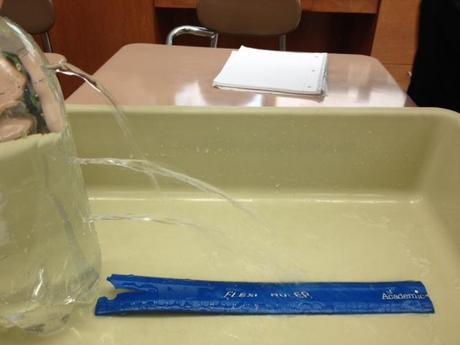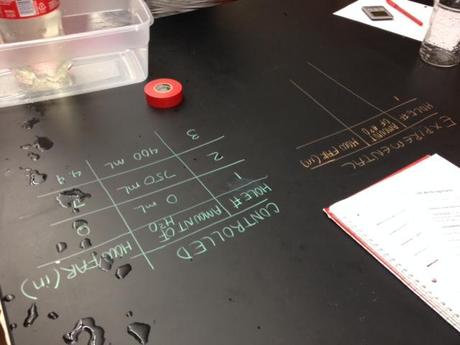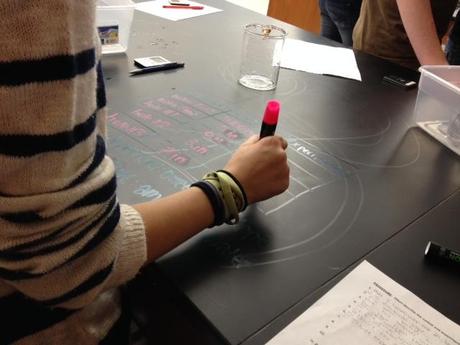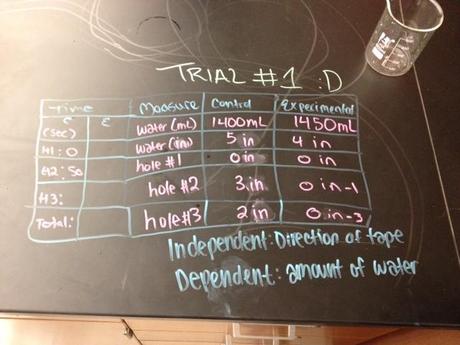- I use a strange grading scale. I score students based on how well they understand the objectives (I can statements). This year I have modified it just a bit. Every I can statement is still worth 10 points, but this year I made my scale run from 5 to 10 rather than from zero to five. My specific scale is as follows: Know it, own it, and use it = 10; Know it and own it = 9; Almost = 8; Not yet = 6-7; No evidence = 5. My students are still used to accumulating points in exchange for accomplishing tasks, so this is going to take some getting used to for them.
- I make them rate their own learning. Using my scale, I make them regularly rate how well they are progressing towards proficiency (a 9 on my scale). A lot of students don't really understand what they know or don't know, so I think this is a useful exercise - especially when you have students rate themselves, give them an assessment upon which you provide them feedback, and then have them re-rate themselves. Students will be surprised when they realized that they overestimated what they did know, mainly because they often think if they know the definitions of words that they understanding a concept. Below is an example handout that I give them so they can rate themselves. I do love me some metacognition and having students see that they are actually learning over time.
- I want to know what they learned today. I usually ask them to fill in the blanks on this prompt: "Before I thought........but now I think......." I have found that's a nice way to see how their thinking has shifted during the course of a lesson or unit.
- I don't give many notes. I have students read and teach them strategies to improve their meaning-making while reading. I have students practice skills of which they will need to demonstrate mastery. I try to give them tools to put in their learning toolbox rather than feed them one piece of content after another. I would rather them learn to take notes in a way that works for them rather than me projecting words that they copy on a piece of paper, never to be looked at again.
- I hold them responsible for doing the work of learning. I don't always check their homework. I don't collect it and award points for it in exchange for doing it (although I do keep track of completion and assign a score to an I can statement I have for completing work and meeting deadlines). I expect them to do it because they will need the information to apply and synthesize with other information later.
If these things make me strange, so be it. I'd rather be strange and be doing right by students in the long run.




